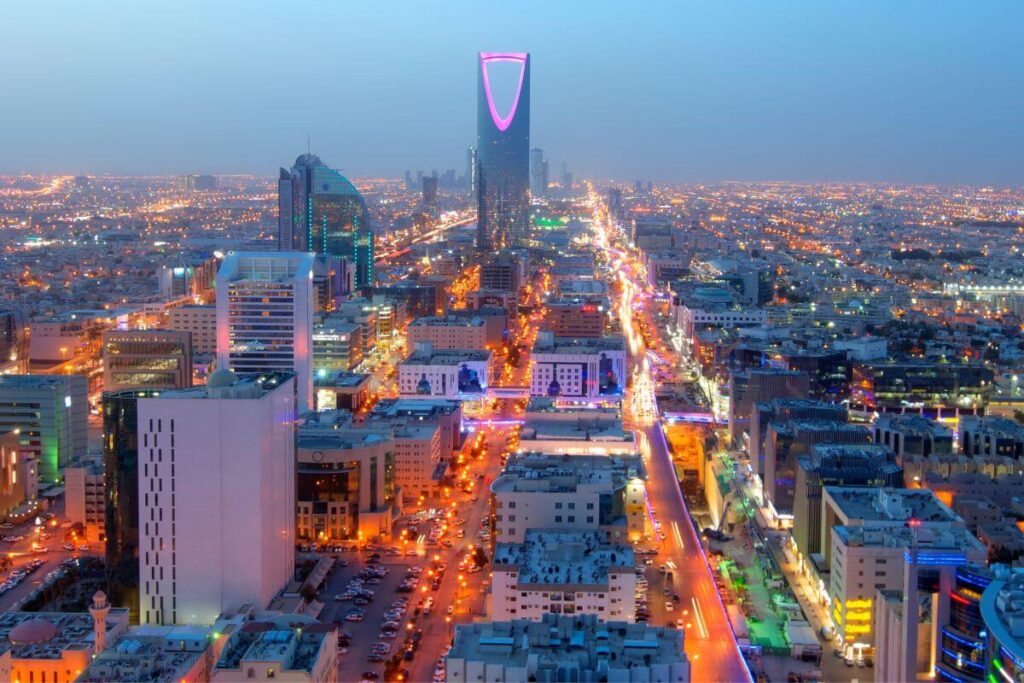Despite macroeconomic challenges, the Riyadh real estate office market remained strong in the first quarter of 2024, according to Savills.
The increase in Grade A offices is expected to continue this year, owing to factors such as Saudi Vision 2030’s push for foreign investment and efforts to diversify income sources, according to the report.
Riyadh is attracting foreign companies to establish their headquarters, with 74% of inquiries to Savills coming from abroad, including 37% from US corporations.
The city’s 30-year tax break for regional headquarters, expanding market, and promising prospects are attracting international companies, cementing Riyadh’s status as a key regional hub across industries.
Legal services, engineering, manufacturing, and information technology sectors dominated leasing activity in Q1-24.
According to Savills data, Riyadh has a limited supply of prime office space, resulting in a 98% Grade A occupancy rate, with rents rising by 5% quarterly and 20% annually.
Business parks and the King Abdullah Financial District are popular, accounting for 75% of transactions involving relocations.
To meet demand, Savills forecasts 420,000 square meters of new Grade A office space by the end of 2024.
Amjad Saif, Head of Transactional Services at Savills in KSA, said, “Despite healthy demand, a significant decrease in the number of office rent transactions was recorded in Q1, with Ejar data indicating a 27% drop in transactions quarter on quarter, due to the limited availability of office spaces.”
Ramzi Darwish, Head of Saudi Arabia at Savills Middle East, commented: “Riyadh is experiencing a remarkable surge in corporate interest, with over 180 foreign companies surpassing the initial target of 160 choosing to establish their regional headquarters in the city.”
“This growing confidence reflects the robust potential of the Saudi capital, fuelled by the country’s strategic economic diversification plan,” Darwish added.
